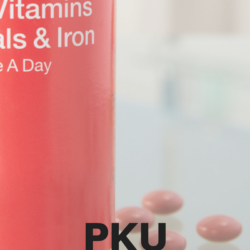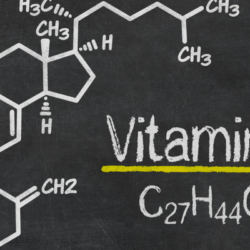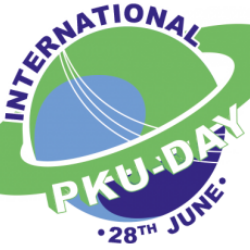Iron Deficiency Anaemia and PKU patients
Iron Deficiency Anaemia and PKU patients
Iron Deficiency Anaemia can be a common problem in PKU patients who either do not take their PKU formula or struggle to take their supplements consistently. Iron is used to produce red blood cells, which help store and carry oxygen in the blood. If you have fewer red blood cells than is normal, your organs and tissues won’t get as much oxygen as they usually would. Iron is available in two different forms: heme and nonheme. Heme iron comes from animal-based foods, including dairy products, meat, poultry and fish. nonheme is the only type of iron you’ll get from plant-based foods.
Iron deficiency anaemia is the most common type of anaemia, others can be caused by a lack of vitamin B12 or folate in the body (previously discussed).
Many people with iron deficiency anaemia only have a few symptoms. The severity of the symptoms largely depends on how quickly anaemia develops. You may notice symptoms immediately, or they may develop gradually if your anaemia is caused by a long-term problem, such as a stomach ulcer.
The most common symptoms include:
– tiredness and lack of energy (lethargy)
– shortness of breath
– noticeable heartbeats (heart palpitations)
– a pale complexion
Less common symptoms include:
– headache
– hearing sounds that come from inside the body, rather than from an outside source (tinnitus)
– an altered sense of taste
– feeling itchy
– a sore or abnormally smooth tongue
– hair loss
– a desire to eat non-food items, such as ice or paper (pica)
– difficulty swallowing (dysphagia)
– painful open sores (ulcers) on the corners of your mouth
– spoon-shaped nails
Many dietary sources of Iron are not allowed or restricted in the PKU diet, so taking your formula as prescribed is essential Good dietary sources of iron include:
– Meat, especially liver
– beans
– nuts
– dried fruit – such as dried apricots
– wholegrains – such as brown rice
– fortified breakfast cereals
– most dark-green leafy vegetables – such as watercress and curly kale
The amount of iron you need is:
8.7mg a day for men (19-64 years)
14.8mg a day for women (19-50 years)
8.7mg a day for women (50-64 years)
Women who lose a lot of blood during their monthly period are at higher risk of iron deficiency anaemia and may need to take iron supplements.
Vitamin C, also called ascorbic acid, strongly enhances the absorption of nonheme iron, but it must be consumed at the same time as the nonheme iron. When they’re digested together, vitamin C combines with nonheme iron to form a compound that’s more easily absorbed. If the iron in your meal comes from plant-based foods, you should include at least 25 milligrams of vitamin C in the same meal. You’ll get at least that much vitamin C from one serving of cauliflower, cabbage, broccoli, sweet peppers, tomatoes and Brussels sprouts, and double that amount from citrus fruits and juices.
Your dietitian can assess your iron intake and a blood test will check your levels. If levels are low, this can be treated with iron tablets prescribed by a GP and by eating iron-rich foods. All protein substitutes contain iron and vitamin C.










